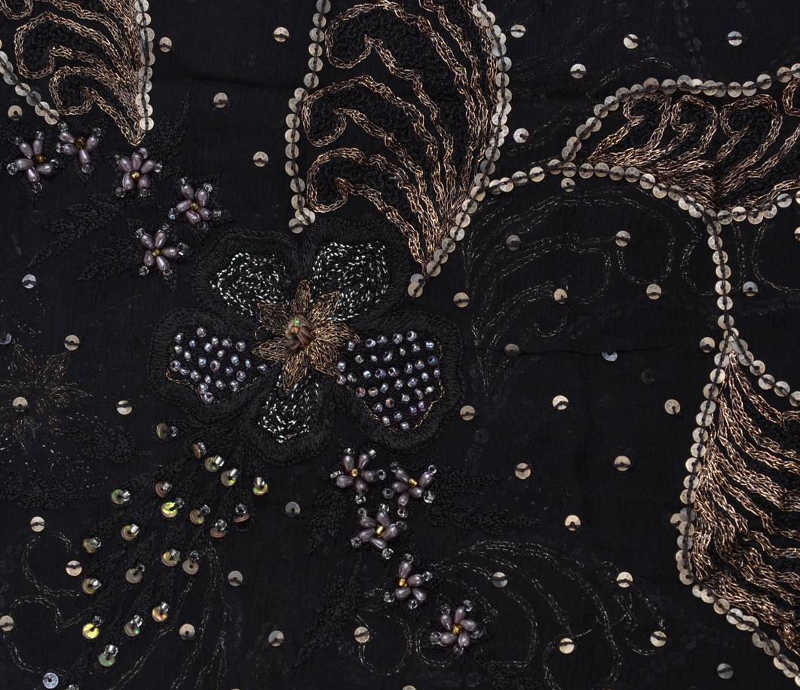===
1886,
4
===

=== |
 |
viiraanii : 'Desolation, depopulation, destruction, ruin, dilapidation; desert place'. (Platts p.1209)
udaas : 'Indifferent (to, - se ), unconcerned, apathetic; unsettled in mind; retired, lone, solitary; forlorn, dejected, sad, sorrowful; dull, dispirited, cast-down; grieved, displeased (with); sullen, cross; not bright, dull, sombre, faded'. (Platts p.31)
manzil : 'A place for alighting, a place for the accommodation of travellers, a caravansary, an inn, a hotel; a house, lodging, dwelling, mansion, habitation, station'. (Platts p.1076)